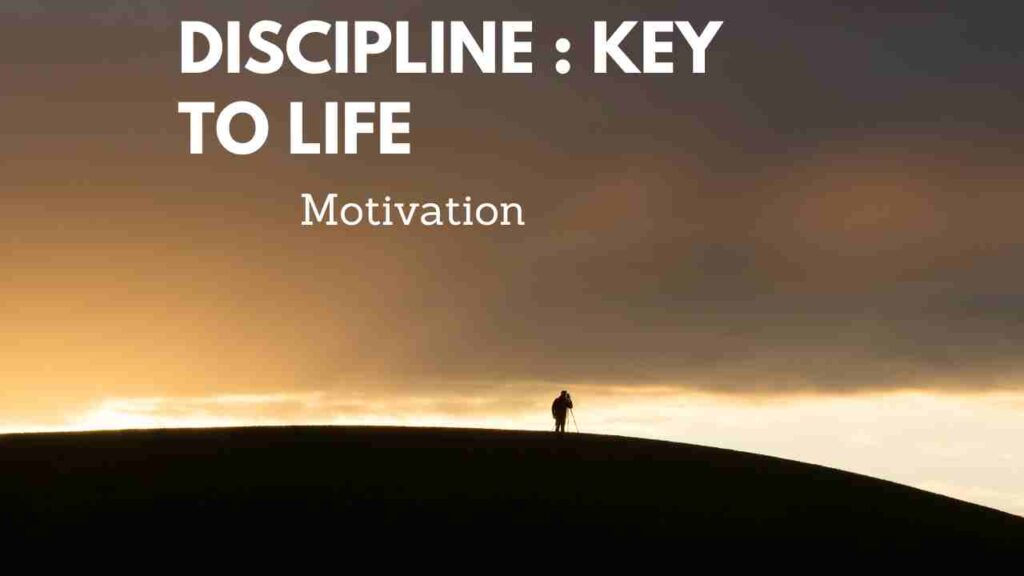How To Remain Calm In Any Situation : In the tumultuous journey of life, finding a philosophical compass that guides us through challenges and uncertainties is invaluable. One such profound guide is Stoicism, an ancient philosophy that provides a practical framework for navigating adversity with calmness and wisdom. In this comprehensive guide, we’ll delve into key Stoic principles and explore how they can be applied in real-life scenarios.
How To Remain Calm In Any Situation

Separate Fact from Judgment: Control Your Perceptions
Stoicism begins with the fundamental principle of separating fact from judgment. In any given situation, the Stoics advocated making a conscious effort to recognize objective events versus subjective evaluations. By doing so, individuals gain control over their perceptions, realizing that events are neutral while judgments and reactions are products of the mind and within one’s ability to manage.
In a world full of uncertainties, this principle empowers individuals to respond to events with clarity. Take, for instance, a situation where someone cuts you off aggressively in traffic. The Stoic approach would involve recognizing the objective event – another car abruptly changing lanes – and distinguishing it from subjective perceptions. By reframing the narrative in your mind, you regain control over your reactions, fostering a more composed response.
ALSO READ : 6 Life-Changing Habits That Propel You Towards Achievement
Focus Attention on Your Inner Realm: Focus Only On What You Can Control
The Stoic teaching to focus only on what you can control is a powerful tool for preserving inner calm in the face of external chaos. Chasing control over things beyond your power leads to constant anguish. Stoicism recognizes the futility of worrying about aspects of life outside one’s direct influence. Instead, it advocates directing action and attention solely toward what is within one’s control – thoughts, attitudes, intentions, and efforts.
Consider the scenario of a professional named Ethan who, inspired by Stoicism, aims to manage adversity and remain even-tempered. In the workplace, when his manager overlooked him for a crucial presentation, Ethan applied this principle. Rather than dwelling on the manager’s decision, which was beyond his control, he focused on providing support and contributing positively to the team dynamic, showcasing resilience and maturity.
Moderate Unrealistic Expectations: Align Expectations With Reality
Another key Stoic principle involves moderating unrealistic expectations by aligning them with reality. Stoicism encourages individuals to ground expectations and assumptions in objective reality rather than irrational hopes. This realistic approach shields individuals from disappointment when things do not go perfectly according to plan.
For instance, if you hope for sunny weather during a planned outdoor event despite a high chance of storms forecasted, you set yourself up for disturbance. Stoicism advises accepting from the outset that rain may come and preparing accordingly. This alignment of hopes with reality sets the stage for rolling with life’s twists and turns calmly as they come.
Pause and Re-Center Your Mindset: Practice Self-Discipline In Your Thoughts And Actions
Self-discipline in thoughts and actions is a core practice within Stoicism. In moments of adversity, there exists a crucial interval between an initial emotional impulse to react and the subsequent response. Stoic self-discipline involves catching oneself within that interval and consciously reframing the inner narrative to respond thoughtfully instead of reflexively.
For example, if someone confronts you aggressively, you might notice your initial flare of anger and the desire to retaliate. Stoic self-discipline allows you to catch this reaction, pause, and consider compassionate or non-escalatory responses. Skillfully managing thoughts transforms reactions into responses, aligning words and actions with virtue.
FAQs on Navigating Life’s Challenges with Stoic Wisdom
Q1: What is Stoicism, and how does it help in navigating life’s challenges?
A: Stoicism is an ancient philosophy that provides a practical framework for approaching life with resilience and wisdom. It emphasizes principles like separating fact from judgment, focusing on what’s within your control, moderating expectations, and practicing self-discipline to navigate challenges calmly.
Q2: How can one separate facts from judgments in real-life situations?
A: The key is conscious awareness. Recognize the objective events in a situation and distinguish them from your subjective judgments. By taking a step back and reframing the narrative, you gain control over your perceptions and can respond more thoughtfully.
Q3: How does Stoicism guide us to focus on what we can control?
A: Stoicism advises against expending energy on external factors beyond your control. Instead, direct your attention and efforts toward what is within your authority – your thoughts, attitudes, intentions, and actions. This preserves inner calm and resources for productive change.
Q4: What role does moderating unrealistic expectations play in Stoic philosophy?
A: Stoicism encourages aligning expectations with objective reality. By moderating assumptions and hopes to align with accurate probabilities and potential outcomes, individuals shield themselves from unnecessary turmoil and disappointment when things deviate from their plans.
Q5: How can one practice self-discipline in thoughts and actions according to Stoicism?
A: Stoic self-discipline involves catching the interval between an initial emotional impulse and the subsequent response. By consciously reframing the inner narrative during this interval, individuals can respond thoughtfully instead of reflexively, aligning their actions with virtue.
Q6: Can you provide an example of applying Stoic principles in a real-life scenario?
A: Certainly. In a workplace scenario, being overlooked for a presentation, one can apply Stoic principles by separating objective events from subjective judgments, focusing on controllable aspects, moderating expectations, and responding with resilience and maturity, as illustrated in the case study of Ethan.
Q7: How can Stoicism be applied in daily life for long-term growth and tranquility?
A: Embracing Stoic principles as a guiding philosophy in daily life cultivates resilience, wisdom, and inner tranquility. By consistently applying principles such as controlling perceptions, focusing on the controllable, moderating expectations, and practicing self-discipline, individuals shape their reactions and nurture personal growth during life’s inevitable ups and downs.
Q8: Is Stoicism just a philosophical concept, or can it be a practical tool for navigating life?
A: Stoicism is both a philosophical concept and a practical tool. It provides a profound philosophical framework for understanding life and offers practical principles that individuals can apply in real-life situations to navigate challenges with reason-grounded emotions.
Q9: How can one start incorporating Stoic wisdom into their daily life?
A: Begin by consciously applying Stoic principles in small situations. Practice separating facts from judgments, focusing on what you can control, aligning expectations with reality, and cultivating self-discipline. Over time, these practices become ingrained, shaping your mindset and reactions.
SEE ALSO : Transform Your Life: 8 Habits For Achieving Your Biggest Dreams
Conclusion: How To Remain Calm In Any Situation
In conclusion, the wise philosophies within Stoicism provide an impactful framework to navigate challenging circumstances calmly. By modulating reactions through the separation of facts from judgments, directing energy toward controllable spheres, moderating expectations, and practicing disciplined responses, individuals can cultivate serenity amidst life’s uncertainties.
Stoicism becomes more than a philosophical concept; it becomes a guiding principle for shaping reactions and nurturing personal growth during life’s inevitable ups and downs. As we incorporate Stoic wisdom into our daily lives, we find a profound and transformative tool for navigating the complexities of the human experience with reason-grounded emotions. Embracing Stoicism is not just a philosophical choice; it is a journey towards resilience, wisdom, and inner tranquility.















